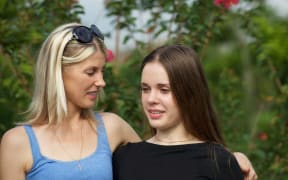Sunday Morning for Sunday 29 May 2022
8:12 From inflation to stagflation
Inflation. It doesn't quite compare with Covid or Ukraine, but it's a word we've been hearing an awful lot of recently.
And now we're hearing about 'stagflation.'
The Ukraine conflict has complicated the inflation picture and turned the environment into stagflation - which is characterised by slow economic growth, high unemployment and continued price rises.
Stagflation first reared its ugly head in the 1970s when many developed economies experienced rapid inflation and high unemployment as a result of an embargo led by OPEC, which resulted in crude oil prices doubling.
Jeffrey Halley is a New Zealander who alternates between Jakarta and Singapore as the Senior Market Analyst/Asia Pacific for the OANDA corporation. He joins the show to explain what stagnation is and why we don't need to start worrying about depression just yet, despite the economic outlook globally looking challenging and uncertain.
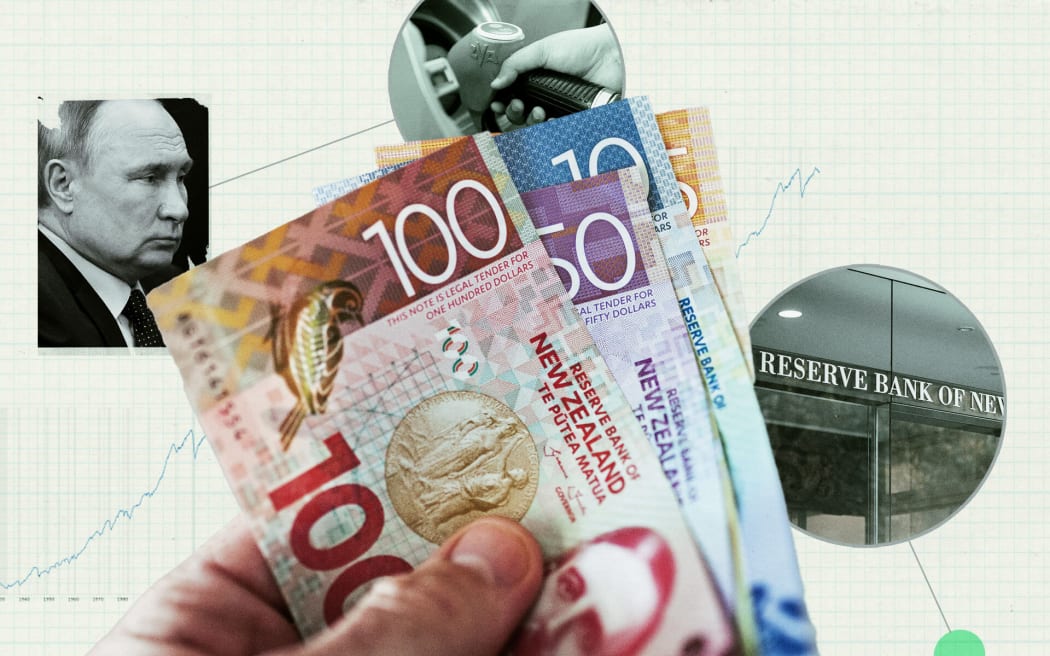
Photo: RNZ / Vinay Ranchhod
8:24 Are anti-inflammatory drugs making back pain worse?
For many decades it has been standard medical practice to treat pain with anti-inflammatory drugs.
However, a new series of studies are questioning the conventional wisdom of using steroids and commonly used anti-inflammatory drugs to treat chronic back pain, suggesting they could instead prolong the pain.
It's thought the drugs in question - dexamethasone and diclofenac - may relieve back pain in the short-term but also prevent the healing of the injury.
Dr David Rice is Associate Head of Research in the School of Clinical Sciences at AUT and President of New Zealand Pain Society. He joins the show to discuss the new research.

Photo: 123rf
8:40 The 'every-single-street' movement
Live anywhere long enough and you'll start to think you've been down most streets.
However, few people can claim to be 'every-single-streeters' - those who have visited an entire urban landscape on foot.
The pandemic has opened people's eyes to different, less visited, parts of their hood, with committed urban explorers using their extra time they've had on their hands to walk or run the thousands of streets that make up their cities.
There's even a website for tracking these epic adventures called CityStrides, which is used by more than 45,000 people from 90 countries around the world.
No one has completed all 39,137 streets of Greater London, but in 2014, before CityStrides came into existence, Utah's Noelle Poulson walked every street within London's congestion zone - roughly 643 kilometres. (The distance from Auckland to Wellington.)
Poulson, who now lives in Timor Leste, joins the show to discuss why she did it and what she learned along the way.
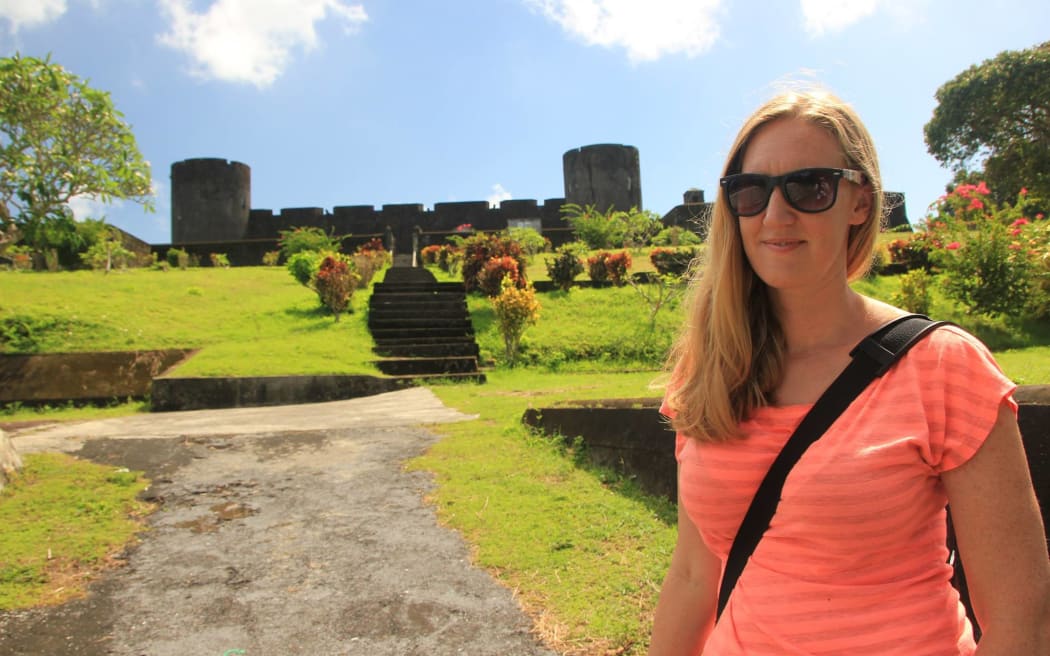
Photo:
9:06 Mediawatch
Mediawatch looks at coverage of the PM's trip to the US, unanswered questions about the plan for public media - and why one publisher is giving gas-guzzling cars a swerve - even if it costs them. Also: Internet NZ's outgoing chief reflects on the unforeseen impact the web has had on our media over the past 20 years.
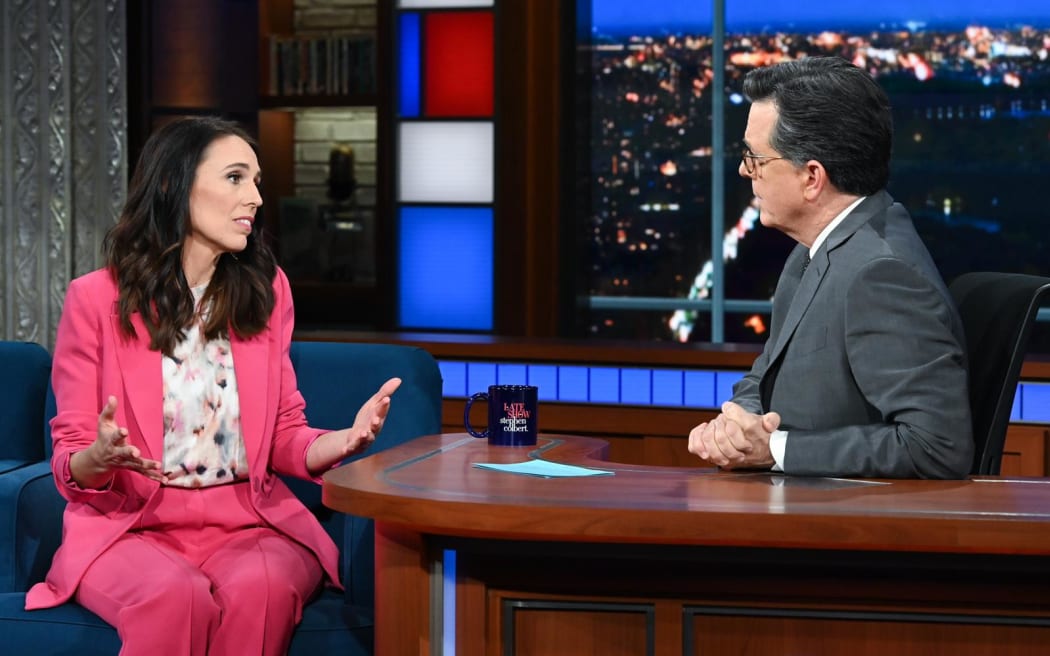
Photo:
9:37 Calling Home: Ashleigh Stewart in Toronto
Investigative journalist Ashleigh Stewart lives in downtown Toronto with her husband Stuart McCready, but more recently she has been stationed in Ukraine covering the war there.
Having grown up in Alexandra, Invercargill, Timaru (high school) and Christchurch (university), Stewart has continued living something of a nomadic existence as an adult, spending time in Tokyo, Jakarta and Dubai before making the move to Canada just under a year ago. In fact, she has now travelled to 77 countries and counting.
When she's not in hostile environments, Stewart spends her time as Global News' National Enterprise Reporter immersed with people on the fringes of society.
She's Calling Home this morning.

Photo: Supplied/Ashley Stewart
10:04 I'm Listening to This: Scott McLaughlin
New Zealand motorsport star Scott McLaughlin has competed in plenty of big races during a career that has seen him claim three consecutive Australian Supercar Championship titles.
But he will take part in what is easily the biggest race of his life when he lines up on the starting grid for the 106th running of the Indianapolis 500 in the early hours of Monday morning (NZ time).
The Team Penske driver joined IndyCar in 2020 and has so far managed to pick up one race win and three podiums.
Although he's further back in the grid than he would have liked (qualifying in 26th place), McLaughlin enters the race - which will take place in front of up to 400,000 fans - in third place in the IndyCar standings.
McLaughlin joins the show to discuss his first Indy 500 and share a track that really gets his wheels spinning.

Photo:
10:25 Smooth operator: How Kenny G created his own genre
Love him or loathe him (and most people fall into one of those two categories), you can't deny the fact that musician Kenny G is the best-selling instrumentalist of all time with over 75 million record sales.
Jazz aficionados sometimes scoff at Kenny G's (real name Kenneth Gorelick) contribution to the genre, but his influence has been such that the term used to describe his music, smooth jazz, was coined expressly for him.
In 'Listening to Kenny G,' director Penny Lane traces the composer and saxophonist's rise from his beginnings as a high school musician in Seattle through to the current day, highlighting what makes him tick and why people love (or love to hate) his music.
But the real charm of the documentary comes from the frankness of the man himself, who is an entertaining, self-deprecating and extremely generous interview subject.
Lane - a professor in the Film department at Colgate University - is with us to discuss the documentary and why Kenny G is one of the most balanced and joyful people she has ever met.
Listening to Kenny G will be making its way to Aotearoa New Zealand at Doc Edge's Film Festival screening in Auckland, Christchurch, Wellington, and online: https://docedge.nz/festival22/film/listening-to-kenny-g/

Photo:
10:47 Is America really broken beyond repair?
It's been yet another week to forget in the US, with the horrific shooting at Robb Elementary School in Uvalde, Texas - which claimed the lives of 21 people - prompting the New York Times to ask whether the tragedy was confirmation that "America may be broken beyond repair".
Meanwhile, the Johnny Depp v Amber Heard case finally started drawing toward a close, with jury deliberations in the high-profile defamation battle beginning after six weeks of trial in Virginia.
Depp sued his ex-wife for $50m for an article she wrote in which she claims to be an abuse victim. Heard counter-sued for $100m.
Joining us to discuss these stories - along with the upcoming Senate hearings on the storming of the Capitol - is Sunday Morning's US correspondent Karen Kasler.

Photo:
11:05 How to become a more effective influencer
Yale behavioural scientist Dr Zoe Chance is a writer, teacher, researcher, and climate philanthropist. She's also obsessed with the topic of interpersonal influence.
In her new science-based book, Influence Is Your Superpower: How to Get What You Want Without Compromising Who You Are, Chance explains the new rules of persuasion and the science of encouraging people to say yes.
The book draws on research in neuroscience, psychology and behavioural economics along with Chance's experience of teaching "Mastering Influence and Persuasion," which is the most popular course at the Yale School of Management.
Chance joins the show to discuss Influence Is Your Superpower and why people are more inclined to say yes to us when we become more comfortable saying no.
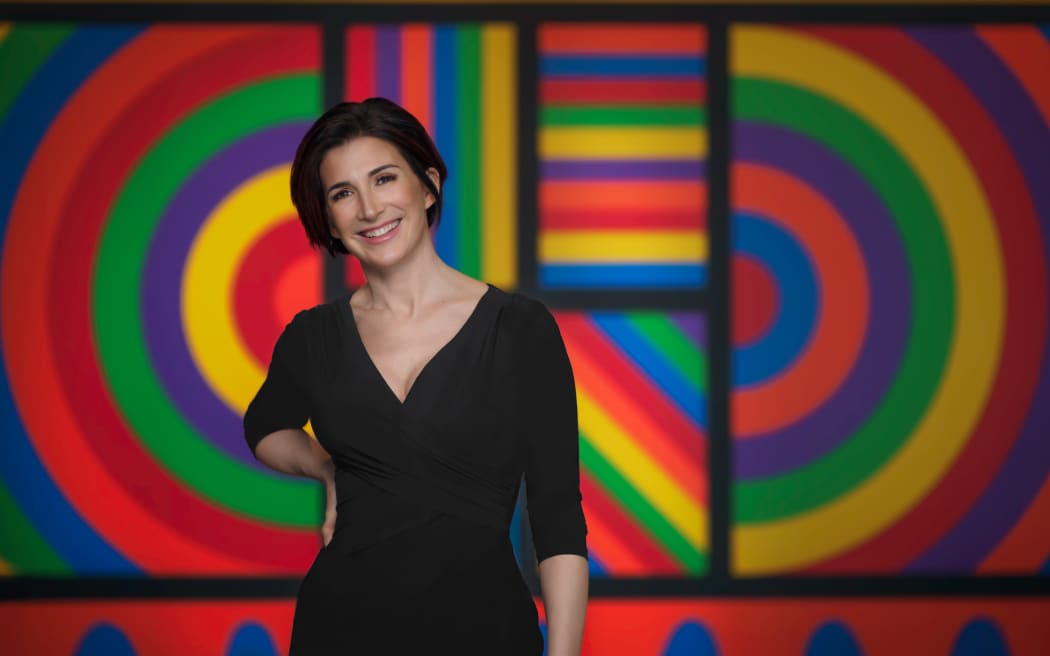
Yale behavioural scientist Dr Zoe Chance Photo: Ian Christmann
11:40 The reason teens tune out their mum's voice
"Are your ears painted on?"
It's a question we were probably all asked as teens, and have possibly asked as adults, but there's a reason why this happens at a certain stage of life - kids' brains simply don't register your voice the way they did in pre-teenage years.
New research out of Stanford University on adolescent brains suggests the reaction we have to certain voices changes over time, making our mother's voice feel less valuable.
In other words, the mother's voice no longer generates the same neurological reaction.
The study shows that around age 13, kids' brains change from focusing on their mothers' voices to favour new voices, part of the biological signal driving teens to separate from their parents.
Psychiatrist Daniel Abrams from Stanford University is the lead author of the study.

Photo: 123rf








